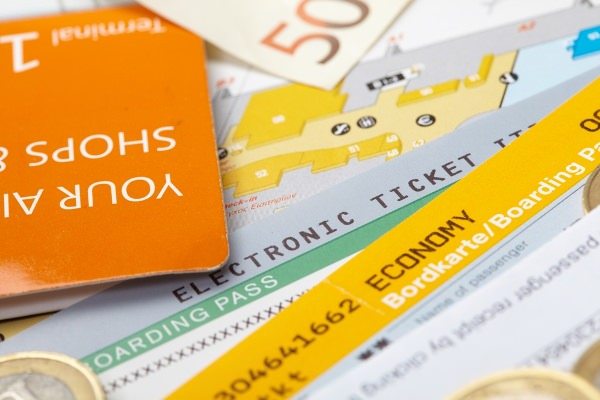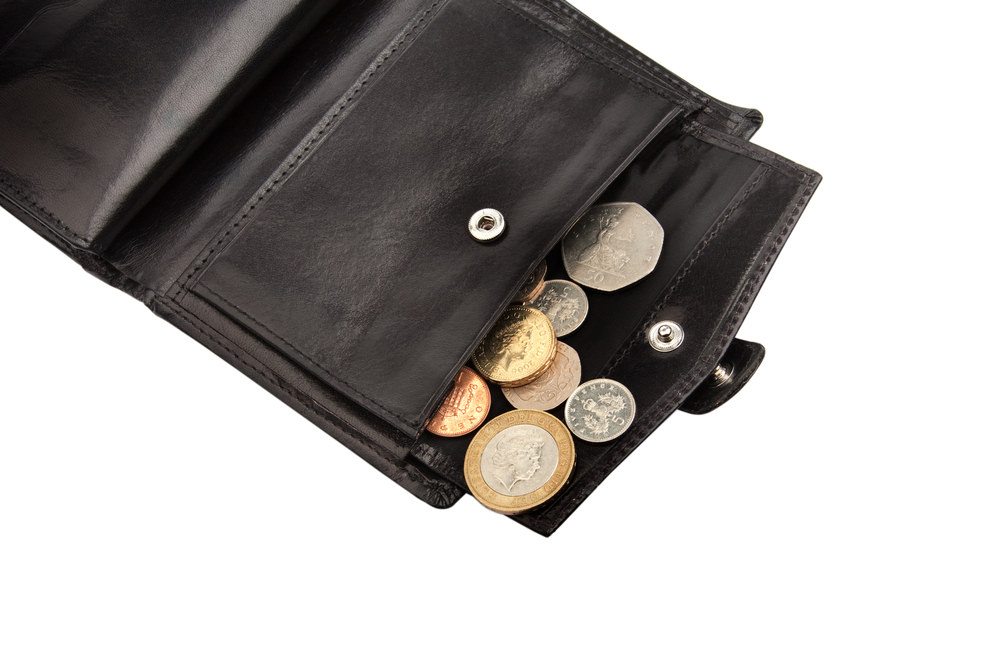These days, everyone’s looking to stretch their dollars as far as they will go and this article will offer some advice to help you save money on common expenses. With these tips you will be able to make the most of the money you make, painlessly. So, read on for some easy ways to cut costs on the things we all buy on a regular basis.
Save Money On Common Expenses
 Car insurance is a must but there is a way to save money on your policy. More than that, with this plan you can make some money. You can reduce your premium by taking a higher deductible. Before you say that’s an unsafe idea, keep reading. Say, you take a $2000 deductible instead of a $500 one. Well, if you are in an accident that means $2000 in out of pocket expenses. But, instead of rolling the dice and hoping you don’t have an accident, what if you took the $2000 and put it in an interest bearing savings account? You would have your deductible money resting in a safe place where you can get to it as needed and it would be drawing interest! In this way, you would gain interest and pay a lower monthly premium for your insurance.
Car insurance is a must but there is a way to save money on your policy. More than that, with this plan you can make some money. You can reduce your premium by taking a higher deductible. Before you say that’s an unsafe idea, keep reading. Say, you take a $2000 deductible instead of a $500 one. Well, if you are in an accident that means $2000 in out of pocket expenses. But, instead of rolling the dice and hoping you don’t have an accident, what if you took the $2000 and put it in an interest bearing savings account? You would have your deductible money resting in a safe place where you can get to it as needed and it would be drawing interest! In this way, you would gain interest and pay a lower monthly premium for your insurance.
Another expense that can be substantially trimmed from is your food expenses. There are many ways to cut costs on food. Step one would be cutting down on the amount you spend eating out. Limit it to a comfortable level for you, perhaps once a week or so. This will save you plenty, over time. Shop the local sale papers for deals on food. Clip coupons and use them. Many stores offer double-coupon days which can yield big discounts! Visit your favorite store’s websites for current deals and always make a shopping list to make sure you don’t overspend.
Shop for banks that offer free checking or interest bearing savings accounts. Many banks are offering free services in order to bring in new business and you should take advantage of this trend. There are even online banks that offer compounded interest rates on savings accounts with little or no minimum deposit requirement. So, do some research and find the best bank for your needs. Your money should not be sitting around earning nothing when it can safely earn interest.
The Best Way to Save Money
Finally, the single best way to save money is to identify where you are overspending and adjust your behavior. The only way to do this is to be meticulous about tracking where your money is going. Use a spreadsheet or carry a notepad and manually write down everything you spend for one month. That is long enough to get a good picture of your spending. After a month, look at the list with a critical eye. You will most likely find out many things about your spending that you haven’t been paying attention to, so use this information to change your behavior and save big bucks.
So, there you have it. These simple tips can help you save money on common expense and in some cases actually make money, at the same time. It takes some research and discipline but if you want to get on the road to financial health it’s a good idea to invest a little time and energy. Learn to shop around and find good deals and be honest about where you tend to spend too much, and you will be able reap the benefits of your effort.









